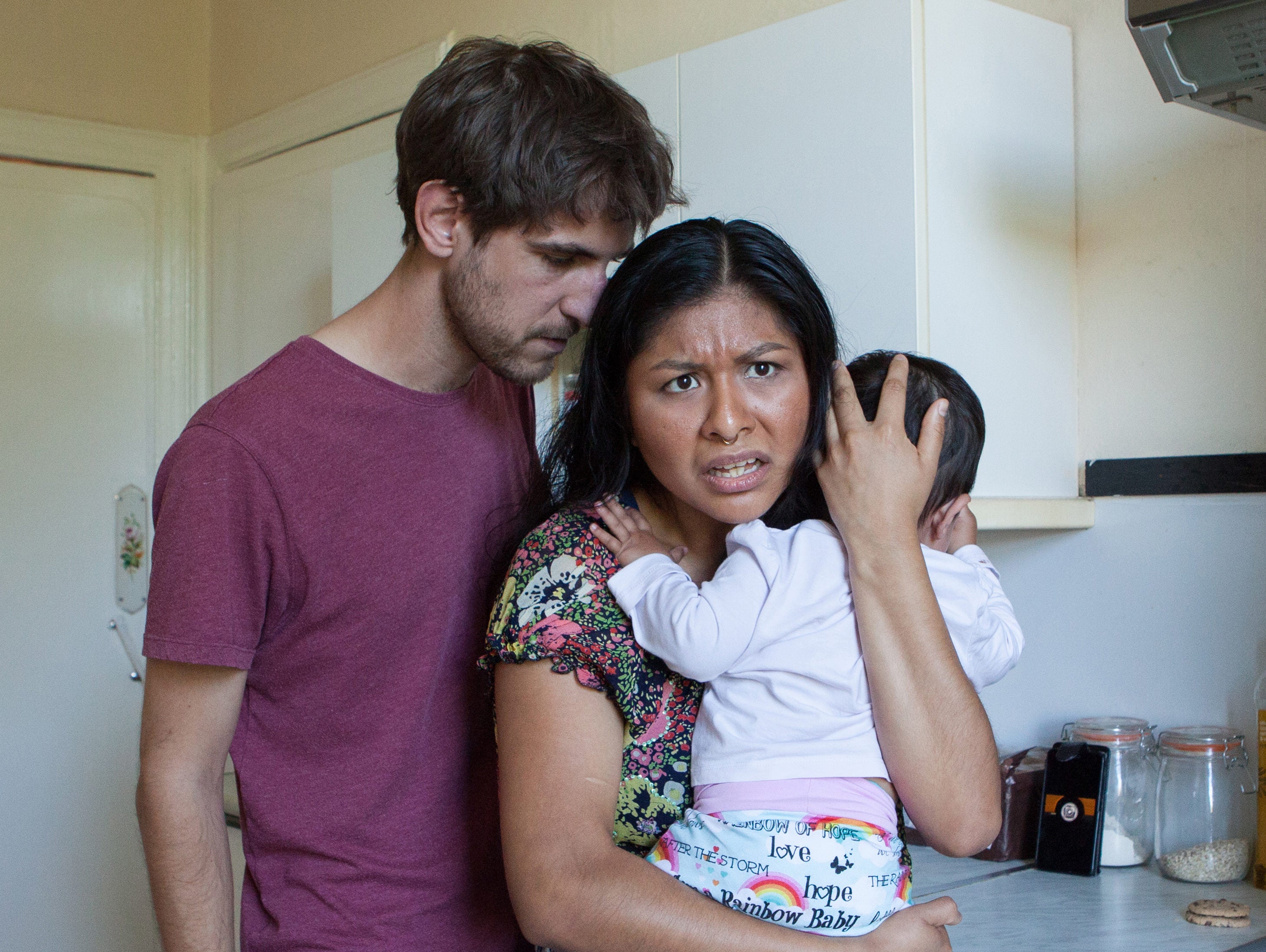
The UK’s two press regulators have endorsed a feminist campaign group’s new set of guidelines on the reporting of domestic violence deaths.
Level Up said the guidance would “set a bar” for journalistic standards on fatal domestic abuse stories and help put an end to families of victims having their grief and trauma “compounded by irresponsible reporting”.
The campaign group has produced six tips for reporting as part of the full guidelines, centring around accountability, accuracy, dignity, equality, images and sensitivity to different cultures and religion.
They want responsibility to be placed solely on the killer, avoiding speculative “reasons” or “triggers”.
The guidelines also urge an end to sensationalist or trivialising language, and say crimes should be classed as domestic violence instead of a “tragedy” or “horror”.
They call for publications to stop using stock images which “reinforce the myth that it’s only a physical crime” and ask for the inclusion of the National Domestic Violence helpline at the bottom of articles, as many publishers now do with the Samaritans helpline on suicide stories.
From today, the Independent Press Standards Organisation and the Royal Charter-backed Impress are both sharing the guidance through their own websites, a move welcomed by experts and victims’ families, such as Luke and Ryan Hart, whose mother and sister were killed by their father in 2016.
Janey Starling, Level Up’s campaign director, said: “In a country where two women a week are murdered by a partner or ex-partner, it’s in our national interest to make sure these deaths are reported on accurately and sensitively.
“Too often journalists report on crimes of control as crimes of passion, now there is no excuse for bad reporting.
“We are delighted the press regulators have recognised the need for these guidelines, and are setting a standard for what reporting on this sensitive issue should look like. It’s a huge step towards greater public awareness of the risk factors of domestic homicide – and hopefully fewer deaths.
“Research shows that reports of domestic homicides that reinforce a narrative of romantic ‘love’ can lead to lighter sentencing in court, and sympathy for killers.”
Journalists and IPSO weigh in
Since Level Up published its first version of the guidelines in October, Starling said they have been updated to include more input from journalists and feedback from IPSO, and reference honour killings for the first time.
The journalists involved included the BBC’s first gender and identity correspondent Megha Mohan, freelancer and women’s rights specialist Rossalyn Warren, Gal-dem politics editor Leah Cowan, Burnt Roti magazine editor Sharan Dhaliwal, and Huffpost UK reporter Nadine White.
Starling said the guidelines have also been made more practical by breaking down the timeline of a case and including specific examples of what not to say.
IPSO has now added a new section to its website with external resources for journalists reporting on sensitive topics, which features Level Up’s guidelines among links to other domestic abuse charities.
The regulator described the reporting of domestic violence as one of its priority areas and said it expects to publish its own guidance on how the Editors’ Code of Practice can best be applied to the topic later this year.
It has already created similar guidance for reporting on suicides and stories involving transgender people.
IPSO’s head of standards Charlotte Urwin said: “We are pleased to publish Level Up’s guidelines as part of a new section on our website containing resources from other organisations which journalists may find helpful when reporting on a wide variety of topics including suicide, mental health and religion.
“Journalists are not obliged to follow these guidelines, but may find it useful to do so when reporting on sensitive and challenging issues.
“We know from our engagement and wider discussions that domestic violence is a topic with significant social impact.
“This is a priority area for IPSO and we are keen to work with all organisations interested in reporting in this area, with a view to publishing guidance on how the Editors’ Code applies.”
Impress Standards Code
Impress told Press Gazette this is the latest step in a series of work it is doing with Level Up, including a panel on reporting responsibly on domestic violence it hosted last month.
Impress has its own page for third-party guidance which can be used alongside the Standards Code, now featuring Level Up alongside Samaritans.
The regulator also said its Code Committee is due to consider updating its Standards Code to include a section on domestic abuse reporting, after a submission made by Level Up through the Code Review process.
Lexie Kirkconnell-Kawana, complaints and investigations manager at Impress: “At Impress we are always happy to work with dedicated civil society and representative groups in order to improve media standards and provide journalists with useful tools to better cover particularly complex and sensitive issues, such as domestic violence.
“Level Up is a great example of this working in action, and their guidance is a great starting point to improve media standards in relation to this complex social issue. We look forward to working with them again in future.”
Level Up’s full guidelines can be read here.
The National Domestic Violence Helpline number is 0808 2000 247.
Picture: Laura Dodsworth
Email pged@pressgazette.co.uk to point out mistakes, provide story tips or send in a letter for publication on our "Letters Page" blog
